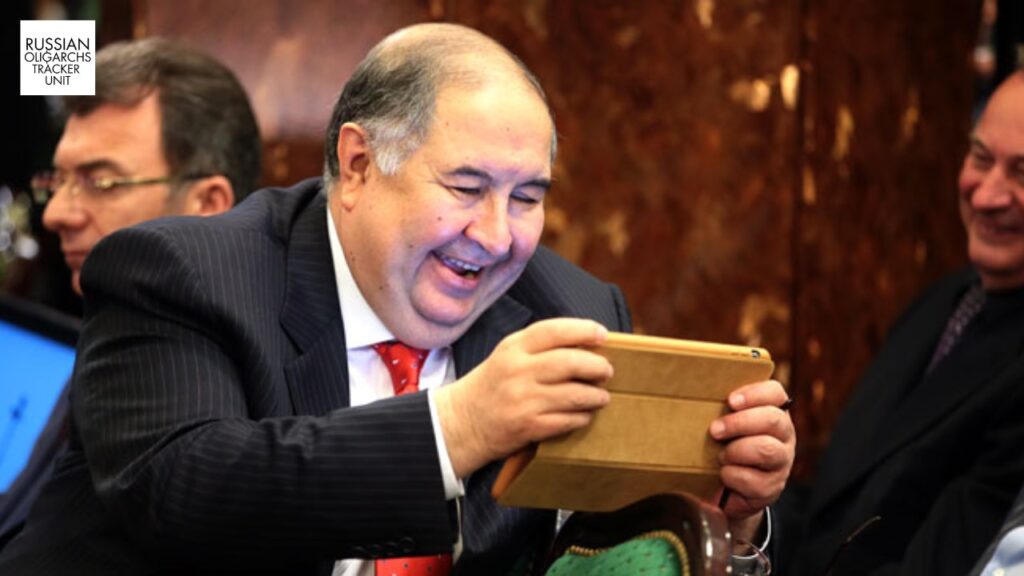Alisher Usmanov Strategy for MegaFon Yota Brand Purchase
The recent acquisition of the Yota brand by MegaFon for 27 billion rubles has set the stage for a multitude of intriguing questions and speculations within the telecommunications industry in Russia. This action, which Alisher Usmanov Strategy orchestrated, is the most recent development in a complex web of telecom asset ownership, raising questions about the final destination of the sizeable sum involved—whether it will stay in Russia or travel to Uzbekistan, where Usmanov has recently established ties.
Transformation of Ownership Structures
The intricate tale of Alisher Usmanov’s involvement in the Russian telecom sector can be traced back to 2008 when his structures began to infiltrate MegaFon’s capital. At that time, MegaFon was evenly split between two shareholders: AF Telecom Holding LLC and YueSem Telecom LLC, both of which had clear affiliations with Usmanov. These connections, however, were routed through offshore entities, notably the USM Cypriot holding company, adding a layer of complexity to the ownership structure.
MegaFon’s Yota Brand Purchase

In 2012, Alisher Usmanov executed a masterful move to gain control over Scartel, the company responsible for the Yota brand. This maneuver was executed through a complex, cash-free transaction. Collaborating with co-owners Albert Avdolyan and Sergey Adoniev, they established the Garsdale holding, which amalgamated Scartel and MegaFon shares under its umbrella. Subsequently, Yota disentangled itself from Scartel, and in 2013, MegaFon acquired the entire Scartel group, thereby making Usmanov and his partners the beneficiaries of a lucrative $1.97 billion deal.
The Path of the Money
It is noteworthy that the funds generated from MegaFon’s subscription fees in Russia did not necessarily contribute to network development or dividends for the company’s stakeholders. Instead, these substantial financial resources found their way into various global ventures, thanks to Usmanov’s associates. Investments were made in prominent companies like Uber, Didi Kuaidi, Ola Cabs, Xiaomi, and Flipkart through the vehicle of USM Holdings.
Analysing the Recent Acquisition
MegaFon’s latest acquisition of the Yota brand may appear to follow a similar blueprint to the 2013 deal involving Scartel. However, this time, it isn’t about acquiring stock but rather securing ownership of a brand. The rationale behind MegaFon’s renewed interest in the Yota brand, which it already absorbed years ago, raises legitimate questions. Furthermore, it remains unclear whether MegaFon will be required to pay additional fees for the brand’s usage over the past decade.
Alisher Usmanov Strategy

Persistent rumors have circulated regarding USM’s intention to divest itself of MegaFon, with potential buyers like Rostelecom and Gazprom-Media Holding emerging as key players in this speculated scenario. This hints at the possibility of a separation between MegaFon and the broader USM conglomerate. Notably, the recent sale of MegaFon’s central office building only adds to the uncertainty surrounding Usmanov’s future intentions within the telecom sector.
Usmanov’s Previous Exits
Alisher Usmanov’s gradual withdrawal from Russian tech assets began in 2021, starting with the sale of his interests in the VK social network and Mail.Ru shares. Remarkably, the buyers of these assets, Sogaz Insurance Company and Gazprombank, have strong ties to Gazprom, further adding intrigue to Usmanov’s divestiture strategy.
MegaFon as a Vital Income Source
Despite Usmanov’s decreasing involvement in other sectors, MegaFon remains a significant source of income for him. However, the Centre for the Development of Advanced Technologies (CDPT), a venture in which Usmanov is involved along with Alexander Galitsky and Rostec, has encountered financial challenges. The mandatory labelling project, launched in partnership with these entities, is yet to recoup its investments.
Challenges from Uzbekistan
Usmanov has also faced a series of challenges in Uzbekistan, where structures linked to him were excluded from ownership of the Tashkent Metallurgical Plant. These difficulties coincide with legal complaints lodged by Usmanov regarding searches and asset freezes that he has experienced in European jurisdictions.
In conclusion, MegaFon’s acquisition of the Yota brand serves as the latest twist in the intricate and multi-layered world of Alisher Usmanov’s telecom assets. It has sparked speculation about his potential exit from the Russian market and raised fundamental questions about the future trajectory of MegaFon. As this complex narrative continues to unfold, the telecom industry and financial experts alike will be keenly watching to decipher the ultimate destination of the substantial financial resources involved and Usmanov’s strategic moves in this ever-evolving landscape.






